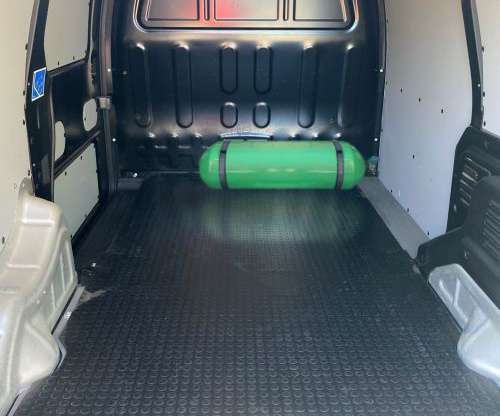Bi-fuel evolutions of the LEVC TX taxi and VN5 van; range extender engines run on LPG/biopropane and CNG/biomethane
Green Car Congress
AUGUST 12, 2022
HP Taxis, Prins Alternative Fuel Systems and SBL-Automotive revealed [link] of the plug-in hybrid range-extended electric LEVC TX taxi and VN5 van allowing the range extender engine to run on LPG and CNG and their renewable counterparts of biopropane and biomethane.












Let's personalize your content